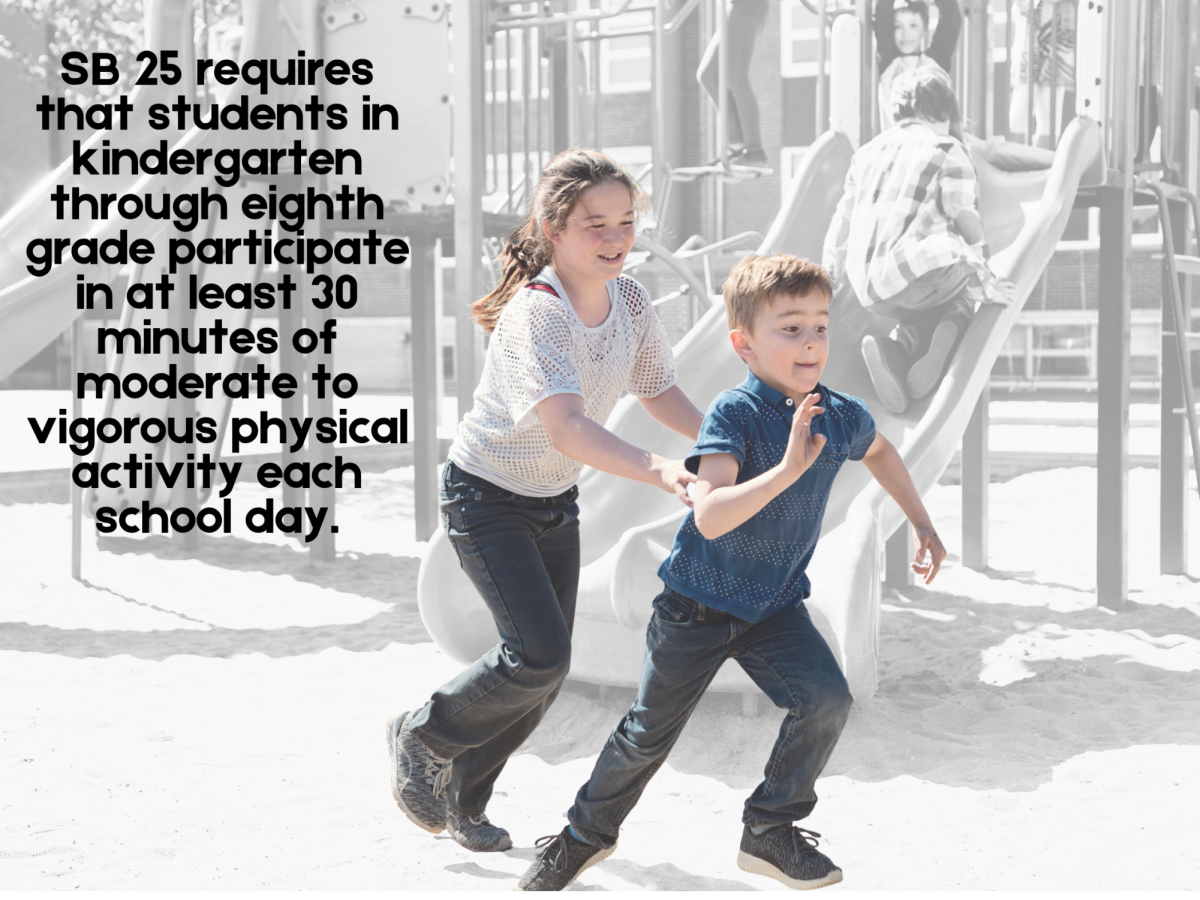In a significant move toward prioritizing student health and well-being, the Texas Legislature has passed Senate Bill 25 (SB 25), which mandates daily physical activity for students and safeguards recess from being used as a disciplinary tool.
This legislation is a commendable step in fostering healthier learning across the state.
SB 25 requires that students in kindergarten through eighth grade participate in at least 30 minutes of moderate to vigorous physical activity each school day. This requirement applies to both public and charter schools, ensuring that all students have access to essential physical education. The bill also prohibits school employees from restricting participation in recess or other physical activities as a penalty for academic performance or behavior, recognizing the importance of physical activity in children’s development.
The benefits of regular physical activity for children are well-documented. Engaging in daily exercise helps improve cardiovascular health, build strong bones and muscles, and enhance coordination and balance. Moreover, physical activity has been linked to better mental health outcomes, including reduced symptoms of anxiety and depression. By implementing SB 25, Texas is taking proactive steps to combat childhood obesity and promote lifelong healthy habits.
Regular physical activity is crucial for children’s overall health. It strengthens the heart, bones, and muscles, while improving coordination and balance. Beyond the physical benefits, exercise is known to reduce stress and improve mood, helping to alleviate symptoms of anxiety and depression. By mandating daily physical activity, SB 25 supports healthier lifestyles and addresses the growing concern of childhood obesity in Texas.
Critics argue that mandating recess and physical activity may reduce instructional time or pose challenges for schools with tight schedules. However, this perspective overlooks the evidence that physical activity boosts focus and productivity, ultimately making classroom time more effective. Additionally, schools can creatively incorporate movement breaks or structured play that complements the curriculum rather than detracts from it. Denying children daily recess as punishment for behavior also risks worsening discipline issues by increasing stress and disengagement. SB 25’s protections ensure that recess remains a positive, restorative experience that benefits students and educators alike.
Texas Senate Bill 25 represents a forward-thinking approach to education that recognizes the interconnectedness of physical health, mental well-being, and academic success. By mandating daily physical activity and protecting recess, the state is investing in the holistic development of its students. This legislation sets a positive precedent for other states to follow in creating supportive environments where children can thrive both in and out of the classroom.














